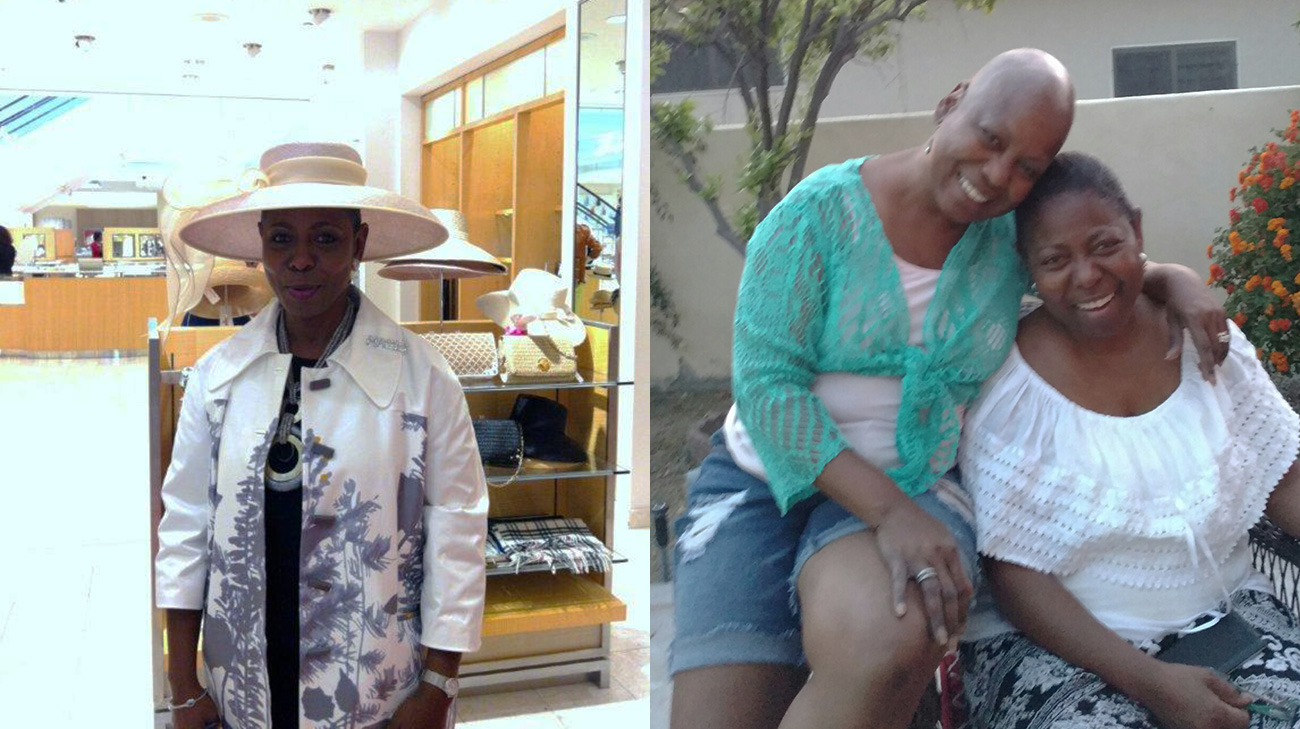
When she was diagnosed with pulmonary sarcoidosis several years ago, Debra Thompson felt confused, sad and scared. She wasn’t familiar with the disease and wasn’t happy about taking the medications she needed to manage it. But after a regimen of care and treatment by specialists at Cleveland Clinic Weston Hospital, she is now symptom-free, feeling better, and educating everyone she can in her South Florida community about the disease.
“I want people to know they should not feel alone with this diagnosis,” Debra says. As one of Cleveland Clinic’s global community outreach leaders for sarcoidosis she is spreading the word about the disease and its symptoms as well as resources for support.
Sarcoidosis is a rare condition that causes your immune system to overreact and make lumps or nodules called granulomas. Granulomas can form almost anywhere in the body, but they are commonly found in the lungs or lymph nodes. There is no specific cure and no known way to prevent sarcoidosis. With proper medical intervention, however, most cases of sarcoidosis will go into remission.
Although anyone can develop sarcoidosis, According to the American Lung Association, people of African and Scandinavian descent are more at risk. Both men and women can be diagnosed with sarcoidosis, but it is more common in women. People between 20 to 40 years of age are more likely to develop sarcoidosis than others.
“Symptoms of sarcoidosis depend on the area where the inflammatory reaction is taking place,” says Cleveland Clinic Weston Hospital Pulmonologist Nydia Martinez, MD. “Generalized symptoms may include fever, malaise, fatigue and sometimes joint pain. If it is in the lungs, patients can have a cough and shortness of breath, but it may affect almost any organ.”
In Debra’s case it was an itch she could not scratch away that was traveling her body and seemed to be coming from the inside that sent her to her primary care doctor. Additional testing in gastroenterology and the liver transplant department resulted in a referral to Dr. Martinez, and, finally, a diagnosis of liver and pulmonary sarcoidosis.

“Sarcoidosis is difficult to diagnose,” says Dr. Martinez. “It requires exclusion of other diseases.”
Dr. Martinez put Debra on a treatment plan that required her to take steroids regularly and have blood and lung function tests every few months.
Steroids reduce inflammation in the body and are commonly used to treat sarcoidosis. They can, however, have undesirable effects such as high blood pressure, anxiety, weight gain, gastritis, and changes in cholesterol levels. Because of this, Dr. Martinez says, the goal is to try to lower the dosage as soon as possible.
Debra, who no longer needs to take the steroids, did gain weight. She is working on losing it through a healthy diet and exercise. Despite the negative effects of the drug and her initial reluctance to take it, she is glad she did.
“I tell people dealing with this to follow their doctor’s regimen and take the meds. It’s not always easy, but do it,” Debra says. “It’s a difficult time, emotionally and physically, but just know that life isn’t over when you are diagnosed with this disease.”
She said she has thanked Dr. Martinez many times for saving her life.
“There are phenomenal doctors at Cleveland Clinic,” Debra says. “It is a blessing for me to be able to represent the Clinic as a global community outreach leader with all of the resources that are available to help people like me.”
Photos courtesy of Debra Thompson


